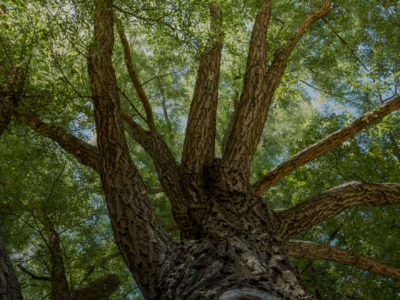
Technical Library
EUTR Regulation
We are very conscious of our environment and will only supply ethically harvested wood flooring. We are FSC certified and follow the Timber Trade Federation’s Responsible Purchasing Policy. This section reviews our ethical code of conduct and provides links to our certifications. If you have anymore questions on our Responsible Purchasing Policy please call us on 01666 504 015.
The Solid Wood Flooring Company fully support the new regulations and we can demonstrate that we only source wood flooring products from legally logged sources, we have a Responsible Purchasing Policy in place and we have recently been independently audited by FSC and also by the Timber Trade Federation where we have a certificate for responsible purchasing
The following is what is happening:
- 3rd March 2013 a new European law called EUTR regulations comes into force and applies to anyone who places any timber product on the European market.
- The National Measurement Office (which is a government organisation) have been given the responsibility to check companies and ensure that they comply with the new European Regulations, and they already have a list of companies to target come the 3rd March.
What does the EUTR regulation mean?
It places the obligation on anyone who places any timber product on the European market, to ensure that the timber has been legally logged.
What is legally logged
A legally logged product is: Where the government of the country where the wood comes from, has given permission for the owner of the plantation and the logging company, to cut down the trees and sell them.
How can a purchaser check that the timber has been legally logged?
When the factories purchase their logs, they ask for certification from the seller of the timber, to confirm that the raw material has come from a legally logged source.
The operator – the person placing the finished product on the European market) will receive copies of that certification with all the other documents (certificate of Origin, Bill of Lading etc.,) when any shipment is delivered whether it is finished product or raw material.
As members of the Timber Trade Federation we have been following their Responsible Purchasing Policy for a long time and we can demonstrate that we have a chain of custody and the documentation to support that our raw materials come from legally logged sources.
If other companies don’t conduct the ‘Due Diligence’ that we have put in place then they will not be allowed to supply to anyone in Europe, and definitely not to any government projects in this country, and if they get caught placing illegally logged timber on the European market they can be penalised.
The penalties will be:
- Forced to stop trading.
- An unlimited fine.
- Up to 2 years in prison.
Forestry Stewardship Council FSC
As you know we are FSC accredited and our certification is on the FSC website in the International section. In some ways the EUTR regulation is trying to go farther than the FSC, but they will probably end up reflecting the same policies.
Timber Trade Federation
We are members of the Timber Trade Federation and support their policies. They are driving this new regulation.
The Programme for the Endorsement of Forest Certification (PEFC)
They are driving this new regulation.
Responsible Purchasing Policy (RPP)
This is a chain of custody created by the Timber Trade Federation to check where the timber comes from. We adopted this policy a long time ago and we have been operating it and have already been independently audited to check that we are doing it correctly and they are happy with us.
Why has this come about?
Activists from organisations such as Global Witness and Greenpeace have highlighted the worldwide problem and lobbied governments to try to stop illegal logging.
Countries like Malaysia (particularly the Sarawak region) have been placing illegally logged timber on the world market for a long time.
West Africa is also a concern and products such as Iroco and Wenge are high on the hit list.
The Wenge we supply has a PEFC certificate
Large banking companies have provided loans to illegal logging companies to enable them to operate.
Plywood is a big concern because of it’s construction and any ‘Mixed’ wood products are also a concern because of the construction of the backing such as multiply Birch or 3 ply Popular and these types of products are under scrutiny.
Brazil who were originally causing massive problems by stripping out the rain forests, have now largely cleaned up their act and although they are still cutting down the rain forests, the Brazilian Government has given the logging companies permission to cut the trees down! So they are not seen to be illegally logging!
In fairness, they are actually now planting far more trees than they cut down.
More from our Technical Library


Environmental Policy
Read moreJoin our mailing list
Receive the latest news, offers and inspiration straight to your inbox.
